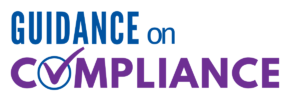The Basics: 7 Elements of a Compliance Program: Part 1
With the General Compliance Program Guidance updates released in November 2023, we wanted to take the 7 elements of a compliance program and break it down. What are the 7 elements? Why are they important and how can these elements be implemented? We will go through 1-4 below & you will be able to find 5-7 on Part 2 of this blog. This blog will be valuable if you are new to compliance or if…



